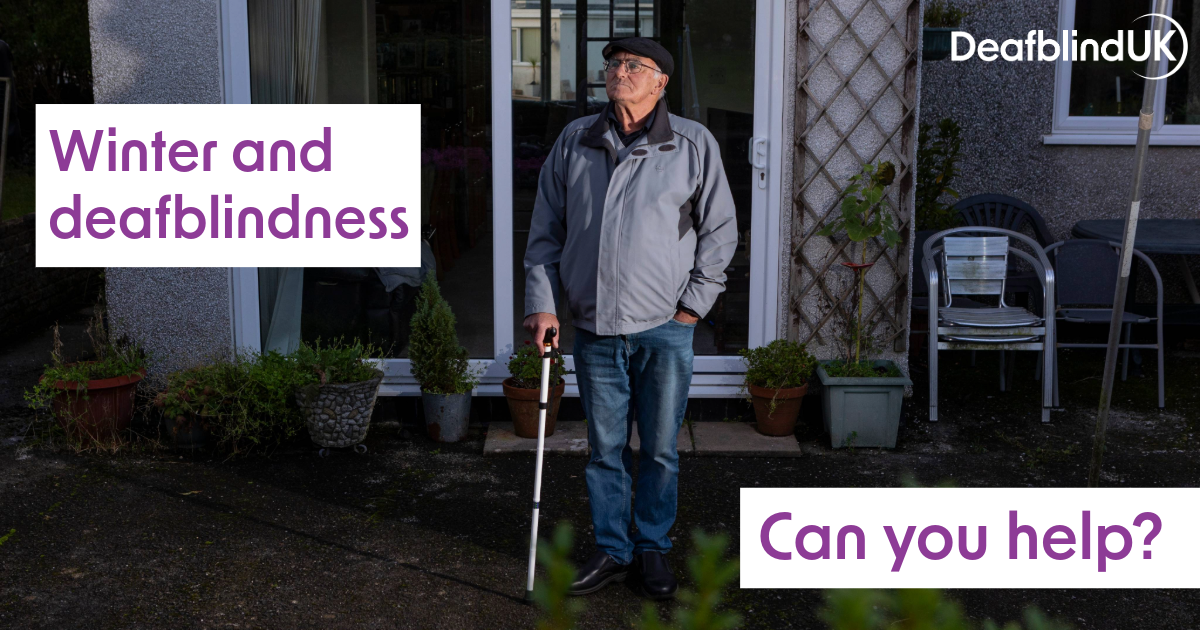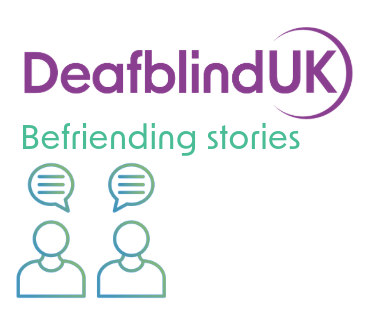Charles Bonnet Syndrome
Affecting up to 100,000 people in the UK, Charles Bonnet syndrome (CBS) causes vivid hallucinations as a result of severe vision loss. Unlike cognitive impairments such as Alzheimer’s or dementia, CBS is not related to mental health.
What causes Charles Bonnet syndrome?
It’s important to note that CBS does not affect those who have been blind from birth. Hallucinations happen to people whose sight has gradually deteriorated over time, for example, through macular degeneration. People do not need to be completely blind to see the images. As a result, CBS is more common with the elderly, and can affect up to half of all people with visual loss. Research tells us that these hallucinations activate the brain’s cerebral cortex – the same area responsible for other sensory responses like sounds and smells.
With no visual input, the brain tries to create a picture. This may be based on previous visual memories from when the person had their sight. This leads to lifelike hallucinations; though the viewer acknowledges that these are not real.
How often do hallucinations occur?
Some people with CBS may only see one hallucination for a few minutes. Generally, hallucinations stop after around three months, but in rare cases, they can recur for up to five years. Often, they improve over time, becoming shorter and less frequent. They are seldom frightening, but they may cause confusion, and could also lead to mental health concerns.
Diagnosis and treatment
There are no specific diagnostic tests for CBS; however, those who begin to notice hallucinations should tell their doctor, and recount their medical history. Doctors may also carry out other diagnostic tests, for example, an MRI test to check for Alzheimer’s, or to rule out any medications with side effects.
At this stage, there is no treatment, but with a few changes, you can lead a happy, healthy life. If you notice a hallucination, you might consider:
- Changing the lighting
- Moving your eyes from left to right
- Staring at a single image
- Getting more sleep
Let’s keep in touch!
Join our mailing list and we will keep you up to date about our projects and opportunities to get involved with Deafblind UK.
More Articles

Why Winter is difficult for people who are deafblind – And how you can help
Winter brings unique challenges for everyone, but for people who are deafblind, the colder months can be particularly tough. From…

Ian’s fundraising ‘snookerthon’ in memory of his mum who was deafblind
Remember how we always talk about getting creative with fundraising and doing it your own way? Well, meet Ian Pettey,…

